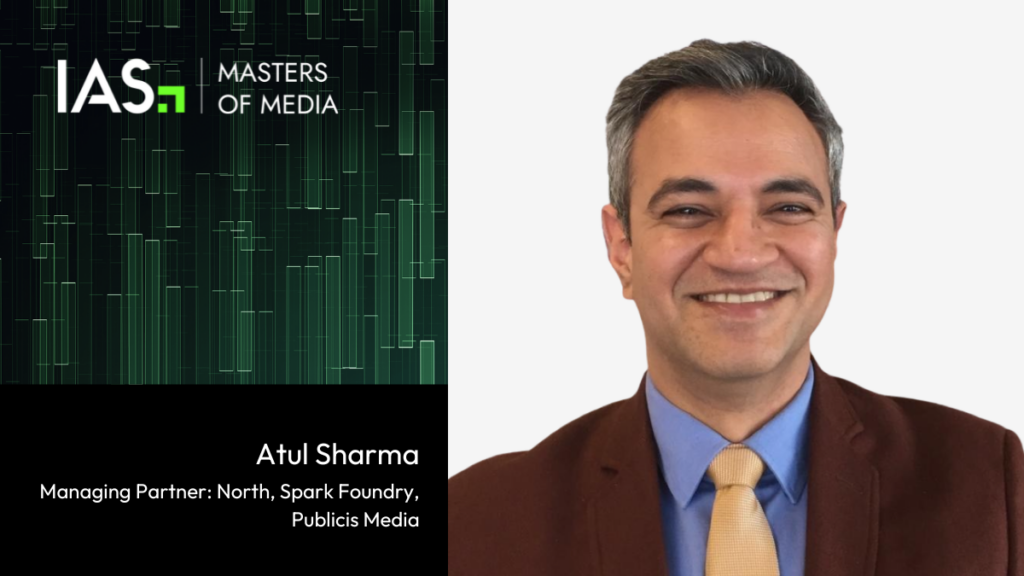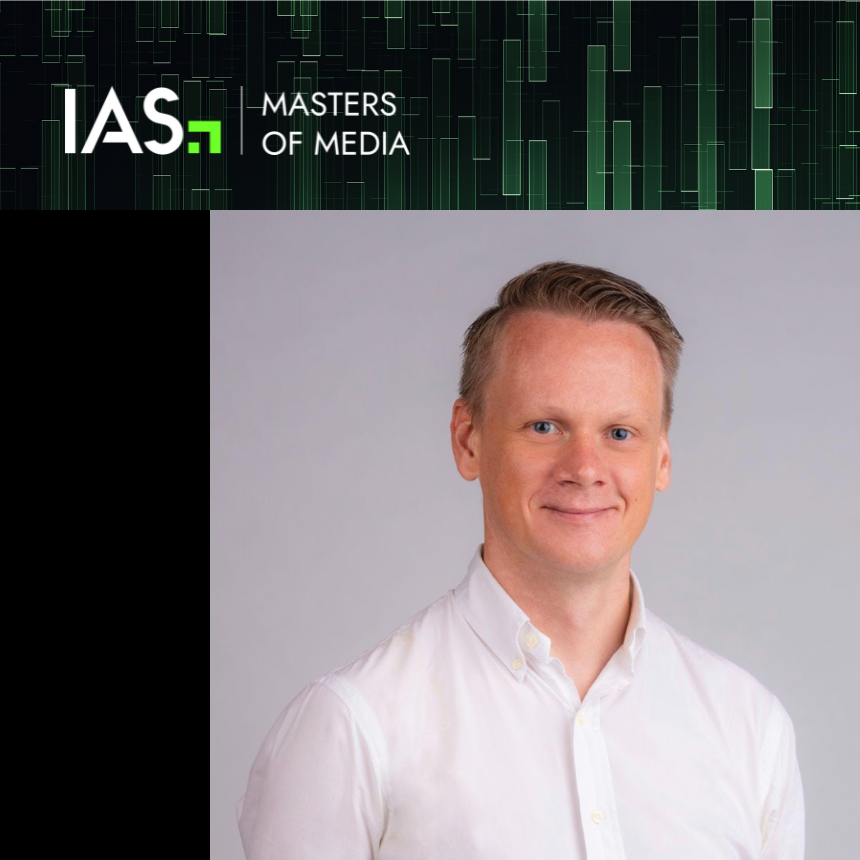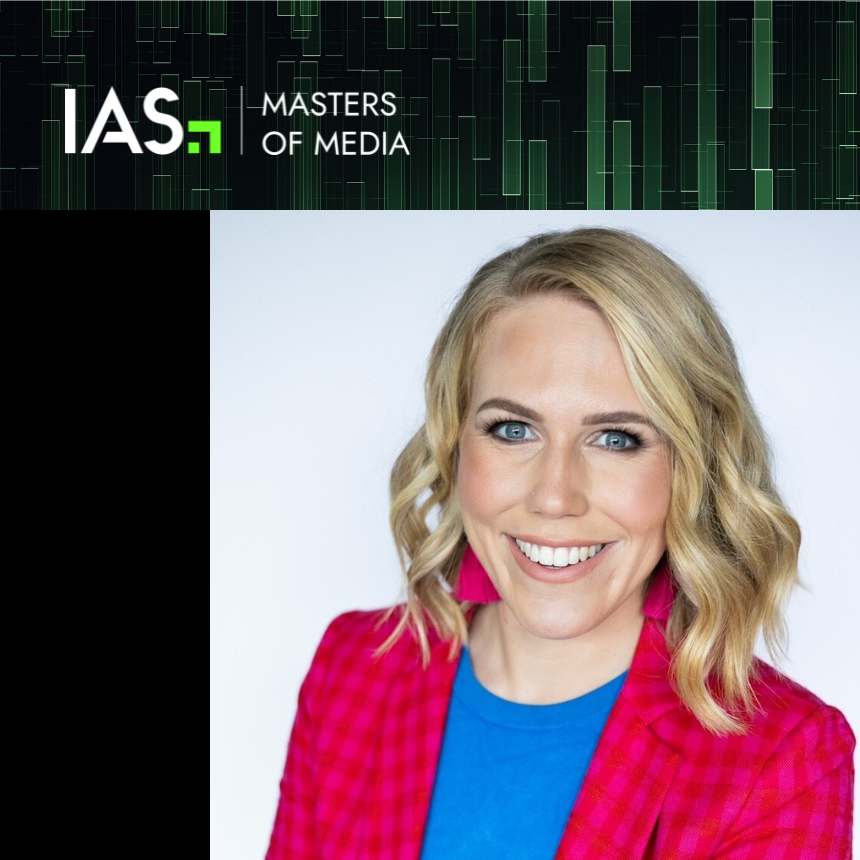
In this exclusive “Masters of Media” series, Integral Ad Science (IAS) speaks to the Movers and Shakers of the APAC advertising industry on all digital matters.
Atul Sharma is a media industry veteran, having worked for over 22 years across the entire advertising/ communications value chain, i.e., publisher, agencies, and clients. During this period, he had long stints over various marketing functions, including media planning, buying operations, client/marketing services, sales, data modelling/ analytics, consumer insights & communication planning, and more. These varied roles saw Atul work extensively on FMCG businesses and across multiple categories such as durables, automobiles, BFSI, cellular services, e-commerce, luxury goods, etc.
Questions:
IAS: Please tell us about your digital advertising journey.
Atul: My digital advertising journey began in 2012 when Facebook (now known as Meta) and YouTube were all that digital had to offer. Since then, the introduction of newer platforms such as YouTube and emerging mediums such as OTT platforms and music apps have spurred the digital advertising industry in a new direction.
During my time at Zenith, I noticed how newer ecosystems such as audience activation, commerce, content and programmatic impacted the way marketers interact with digital advertising.
As we head into an era ushered on the back of privacy laws, we will see more opaqueness for advertisers and planners alike. I also observed that there is a lack of transparency between platforms that needs to be addressed when we speak about digital advertising. Importantly, I still think we truly have the answer to cross-channel planning in the light of rapidly increasing digital numbers, and yet, no single source brings it all together.
IAS: Can you discuss any recent changes or advancements in digital advertising technologies or platforms that have had a significant impact on your digital campaigns?
Atul: I would be tempted to say AI has significantly impacted digital advertising technologies, but I believe it is more of an enabler than an end in itself. For example, performance max campaigns, which in spirit try to follow consumers’ journeys, and we have been talking about this for years. I feel it is the thinking of what outcome we want to achieve which is a bigger vector than the technologies that power them. There is no denying that well-trained AI algorithms have in theory the potential to change a lot.
IAS: If there’s one myth related to programmatic you’d like squashed, what would that be?
Atul: I’d like to squash the myth that programmatic is a silver bullet — every targeting parameter is available and answers every problem. It solves everything that mass market channels do not; however, both have their place under the sun.
IAS: What metrics or KPIs do you track to measure the effectiveness of digital advertising campaigns at Zenith? How do you ensure these metrics align with the company’s overall goals?
Atul: Which metrics or KPIs to track depends on the objective of the campaign. But, of late, conversion-related metrics like conversion rate, sales, and return on ad spends (ROAS) seem to be gaining traction. Zenith is built on ROI thinking and these pretty much talk the same language. This line of thought is a secular metric which can be applied to everything.
IAS: What measures can the advertising industry take to combat the trust and transparency challenges in the digital supply chain?
Atul: The rules remain the same to combat the trust and transparency challenges in the digital supply chain — don`t overpromise and underdeliver. Setting the expectations correctly for both sides of the digital supply chain is important.
IAS: Any advice for leaders on talent retention and supporting a hybrid workforce?
Atul: Leaders everywhere should invest in the careers of those they work with. Also, leaders should pass on what they have learned to the younger talent through experience and skills.
IAS: What’s your favourite book/podcast/movie and why?
Atul: My favourite book is Freakonomics, and my favourite movie is The Big Short.
IAS: What is your advice to the fresh talent in the industry?
Atul: My advice to the fresh talent in the industry is to use common sense before anything else. A concept is the same only the translations change with platforms and disciplines. The who, what, when, where, and why are the starting point of everything.
 Share on LinkedIn
Share on LinkedIn Share on X
Share on X

